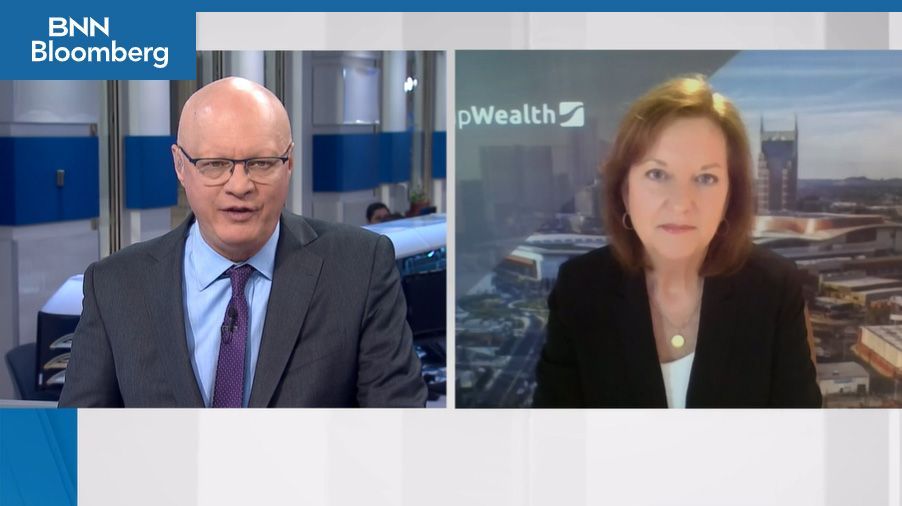Getting into college is a job in itself
July 17, 2015
Most Middle Tennessee students are headed back to school in less than three weeks. Rising juniors and seniors with an interest in college, take special note. Time flies and you’ve got a lot to do to get into college. There’s a lot riding on your bachelor’s degree, including the potential to make 65 percent a year more than those with only a high school diploma (those with a bachelor’s, master’s, professional or doctoral degree make 112 percent more on average, according to the U.S. Bureau of Labor Statistics).
Rising juniors
Rising juniors, the time to start thinking about college is now. This fall, you’ll begin researching colleges and programs. In the spring, you’ll need to register for and take the SAT and/or ACT. You might also consider visiting college campuses while school is in session. One year from now, you should be narrowing your college-application list down to your favorites, including top-tier schools and the fallbacks — those schools you’d attend should you not get into the ones higher on your list. Think about whether you want to make any early-decision applications (if accepted, you’re committed to attend) or early-action applications (not binding).
Rising seniors
In September — that’s six weeks from now — start requesting applications from schools (many are online), paying attention to deadlines and application fees. Decide if you’re going to apply for early action or early decision to any school. Begin applying for local and national scholarship opportunities.
It’s imperative to make a calendar. Colleges have due dates for applications, recommendation letters, transcripts, test scores and secondary school reports.
To be considered for financial aid, the U.S. Department of Education will need your FAFSA (Free Application for Federal Student Aid). Any college or university that awards federal student aid must use the FAFSA to determine eligibility. About 200 colleges also require a College Scholarship Service Profile (CSS profile). For rising seniors, their FAFSA can be filed any time after Jan. 1, 2016. The FASFA application helps determine the student’s expected family contribution toward the cost of college. Many universities use the FAFSA for need-based scholarships as well. It is also required for student loans.
Any scholarship applications will have deadlines, and your high school will probably have deadlines for transcript and secondary school report requests. Meanwhile, it’s time to begin drafting and revising your application essays. If you need to take or retake the SAT, SAT Subject Tests or ACT and you’re applying early action/decision to colleges, the October test dates are the last ones that can be considered; you must register in September. Depending on the admissions deadlines of colleges to which you’re applying regular decision, the November test dates may be your last chance; in that case, you must register in late September or early October.
The deadline for early action/decision applications is usually early November, so in October you’ll need to request and then mail in your letters of recommendation to the schools to which you’re applying, have your high school send your transcript, have your SAT and ACT scores sent, and finish your essays. Most schools require that you complete the CSS profile with the College Board (there’s a small fee) in addition to the FAFSA (free; deadline is January). Complete the former in November if you’re applying early action/decision. By the end of December, colleges will notify you if you’ve been accepted early action/decision.
If you’re applying regular decision, the above timeline shifts forward more or less one month. Most application deadlines are in December or January. In January, the FAFSA is due. Do not miss this deadline.
Most colleges make their regular decision offers of acceptance in March, April and May. Financial aid offers typically arrive about the same time. In May, you’ll need to notify the schools to which you were accepted of your decision. In June, your high school will need to send your final transcript to your chosen college. Your future alma mater can still rescind its offer, so contrary to high school legend, you can’t coast through your final semester!
Phoebe Venable is president and COO of CapWealth Advisors LLC. Her column appears Saturdays in The Tennessean.













